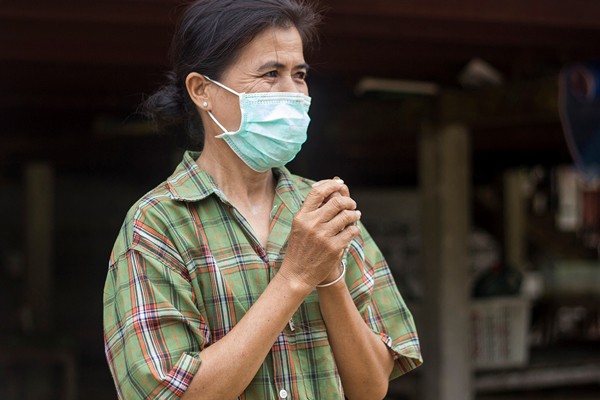Asia Regional
- History
- Our Work
- Lower Mekong Initiative (LMI)
- Newsroom
- Reports and Publications
- Transforming Lives
- Careers
- Partnership Opportunities
- Business Opportunities

Background
USAID has supported TB control and prevention in the Asia-Pacific region since 2006. USAID supports a region that includes nine out of the world’s 22 ‘high burden’ TB countries, many of them also facing alarming prevalence and incidence rates of multidrug-resistant TB (MDR-TB). In addition, co-infection of TB and HIV, in particular, and TB diagnosis and treatment among HIV infected patients remain a challenge.
USAID focuses on the development and implementation of innovative and scalable programs for TB control in the Asia-Pacific region, with a concentration on building comprehensive models to improve MDR-TB prevention, diagnosis, treatment initiation, and treatment success.. USAID support strengthens national TB programs by providing assistance and introducing innovative and cost-effective approaches to TB control.
Program Interventions
USAID’s TB program has included numerous successful activities including the following:
-
Engaged a wide range of health providers in TB control and strengthened capacities of Southeast Asian nations to develop locally based advocacy, communications, and social mobilization strategies.
-
Established the Thailand TB Active Surveillance Network, which has strengthened capacity for disease surveillance throughout the region.
-
Developed a new TB screening procedure which will be incorporated into regional and global World Health Organization guidelines to identify about 90 percent of HIV-infected patients with TB.
-
Strengthened collaboration between national TB and HIV programs by finalizing regional-specific TB and HIV training modules.
-
Introduced and disseminated the International Standards for Tuberculosis Care, strengthened TB laboratories through infrastructure and training across the region and provided assistance to national TB prevalence surveys in Burma, China, and Thailand.







Comment
Make a general inquiry or suggest an improvement.